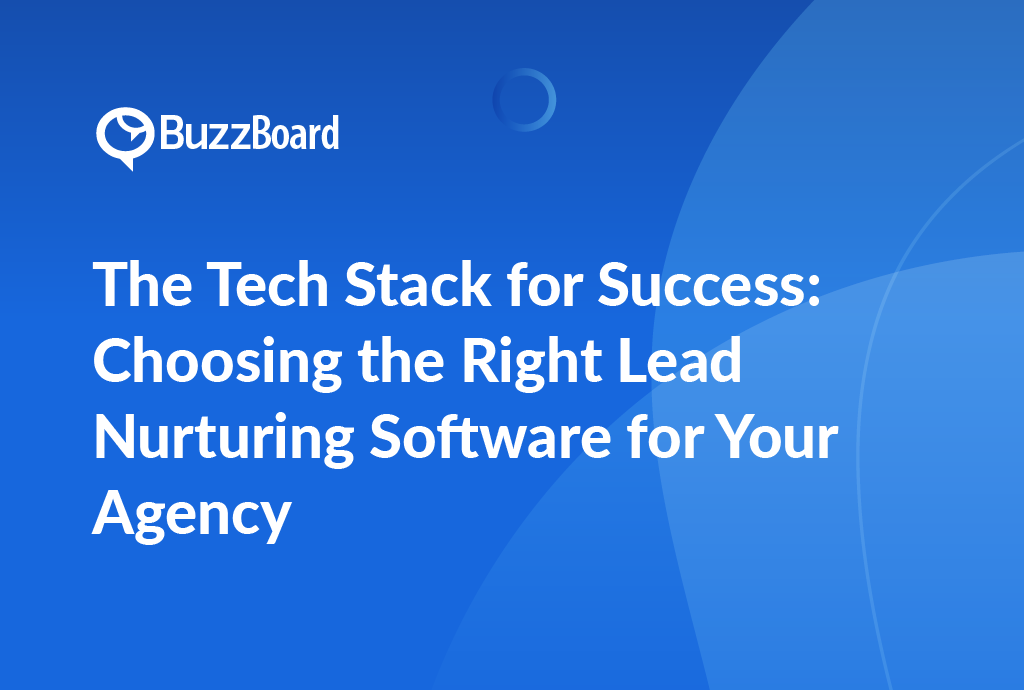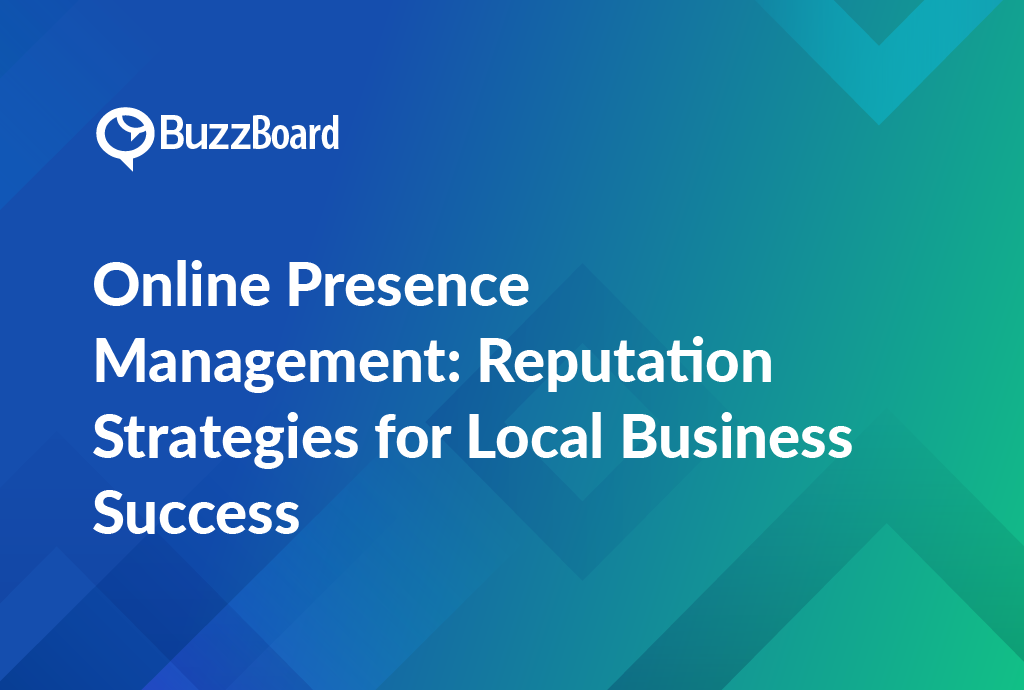Overview of Why Lead-Nurturing Software Is a Must-Have Tool for Digital Marketing Agencies
Lead-nurturing processes are now seen as a necessity for digital marketing agencies aiming for streamlined operations and higher return on investment. In terms of agency lead nurturing, marketing automation platforms have revolutionized the process, thanks to their customer relationship management (CRM) integration capabilities, sophisticated marketing analytics tools, lead scoring systems, and marketing attribution models.
CRM integration is a game changer. It allows marketing agencies to bring together sales and marketing data, creating personalized marketing strategies to effectively convert leads into customers.
The importance of marketing analytics tools can’t be underestimated. These provide key insights into customer behavior, aiding agencies in making data-driven decisions to enhance marketing effectiveness.
Lead scoring software is also crucial. It helps agencies identify and focus on leads most likely to convert. By assigning numerical values to leads based on their interest levels, agencies can prioritize follow-ups.
Marketing attribution models provide valuable insights into which marketing efforts are driving the most results, assisting in the optimal allocation of marketing budgets.
In a fiercely competitive digital marketing industry, using the best lead-nurturing software is the difference between success and failure. It’s more than just software—it’s a comprehensive tool every marketing agency should leverage.
What to Look for When Choosing a Lead-Nurturing Software: Marketing Automation Platforms, CRM Integration, and Others
Choosing the right lead nurturing software for digital marketing agencies requires a thoughtful evaluation of various factors, including marketing automation platforms for agencies and Customer Relationship Management (CRM) integration.
Marketing automation platforms streamline, automate, and measure marketing tasks and workflows. As a digital marketing agency salesperson targeting small and local businesses, you require an automation platform that adapts to your work style. It should execute both simple and complex campaigns flexibly and provide marketing analytics tools, such as campaign tracking and an analytics dashboard, to measure success.
CRM integration is another vital factor when choosing lead-nurturing software. It enables data synchronization between your CRM and marketing platform, giving your marketing and sales teams a comprehensive view of the leads’ interactions and history. This feature can help deliver personalized content and target marketing and sales efforts more efficiently.
Also, consider exploring lead-scoring software tools that assign values to leads based on exhibited interest in your content and their buying cycle stage. Moreover, evaluate the marketing attribution models the software offers to understand the marketing touchpoints that contribute most to the conversion process.
When making a decision, always bear your agency’s objectives and clients’ goals in mind. Evaluate each software’s features, ease of use, scalability, and pricing.
Exploring the Best Lead-Nurturing Software Suitable for Digital Marketing Agencies
In the competitive field of digital marketing, arming yourself with top-notch lead-nurturing software is fundamental to successfully managing, scoring, and converting leads. As the industry expands, so do the tools at your disposal. Identifying top solutions for your agency can significantly affect your success rate.
Marketing automation platforms designed for agencies, such as HubSpot, Marketo, and Pardot, have been game-changers. They enable professionals in the field to track and convert leads seamlessly. When integrated with CRM, these platforms provide in-depth insight into lead behavior, guiding the implementation of innovative and effective marketing strategies. Complex functions, like synchronized communication channels, data tracking, and analysis, are easily managed through these platforms.
In addition, marketing analytics tools, like Google Analytics, Kissmetrics, and Mixpanel offer comprehensive tracking of campaign effectiveness. They analyze data to highlight areas of success and needed improvement.
Lead-scoring software also plays a crucial role in nurturing leads. Assigning quantifiable value to leads, software like Leadspace and Velocify enables you to prioritize and target your most profitable prospects.
Understanding marketing attribution models is vital to comprehend how your leads interact with different touchpoints of your marketing efforts. These models enable you to determine the effectiveness of each channel, helping you accurately optimize your campaigns.
So, how do you choose the best lead nurturing software? It’s essential to ascertain your needs and select a platform that integrates seamlessly with your existing systems while offering a comprehensive suite of tools.
Integrating Marketing Analytics Tools and Lead Scoring Software Into Your Tech Stack for Enhanced Lead Nurturing
Integrating marketing analytics and lead scoring software can significantly enhance lead nurturing processes, particularly for sales teams at digital marketing agencies that cater to small and local businesses. These integrations revolutionize how such agencies operate, providing the crucial tools for measuring, tracking, and managing leads thus making the process more efficient.
Marketing automation platforms significantly contribute to streamline lead nurturing. These platforms stand out as the best lead-nurturing software for digital marketing agencies, primarily owing to their CRM integration capabilities and their skill in identifying potential clients.
Lead-scoring software is another crucial component worth considering. It primarily ranks your leads based on their engagement with your brand, which results in the sales team focusing their efforts on a high-value group of prospects more likely to convert.
Integrating marketing analytics tools into the tech stack gives a more comprehensive view of customer behavior, aiding digital marketing agencies in formulating their strategies. These tools offer insights into customer behavior, potentially leading to more effective campaigns.
Efficient utilization of marketing attribution models allows for a better understanding of the effectiveness of various marketing activities. This insight can facilitate effective resource allocation, ensuring the best return on your marketing investment.
Incorporating these tools will enable your firm to track, analyze, and apply customer data accurately, subsequently elevating your lead nurturing processes.
Every digital marketing agency should consider integrating these key tools to optimize their lead-nurturing processes and ultimately boost conversions and customer satisfaction.
The Role of Marketing Attribution Models in Optimizing the Use of Lead-Nurturing Software
In the dynamic world of digital marketing, cutting-edge agencies today heavily rely on marketing attribution models. These models often serve as the backbone of any marketing strategy, assisting in the optimization of premium lead nurturing software. Key benefits of marketing attribution models surface as tangible data used to assess the effectiveness of marketing campaigns, calculate return on investment (ROI), and identify trends and preferences among various consumer subsets.
By incorporating marketing automation platforms for agencies, advanced CRM integrations, marketing analytics tools, and specialty lead-scoring software, marketing attribution models can provide diverse, comprehensive insights. This integration empowers marketers by revealing the complete customer journey and facilitating the tracking and attribution of every conversion to its original source.
For example, advanced software, like Marketo or HubSpot, which are used for automated lead-nurturing campaigns, utilize marketing attribution models to track and recognize important customer touchpoints across multiple channels. These platforms can be seamlessly integrated with CRM systems to trace the customer’s journey and determine which marketing efforts resulted in a conversion.
Furthermore, marketing analytics tools, such as Google Analytics and Kissmetrics leverage marketing attribution models along with lead-scoring software to grant marketers a new level of understanding. They offer detailed insights into customer behavior, conversion paths, ROI, and more.
To maximize the use of resources within CRM integration and lead-nurturing software, focus on marketing attribution models. They can be instrumental in deciphering complex customer journeys and optimizing marketing efforts.








